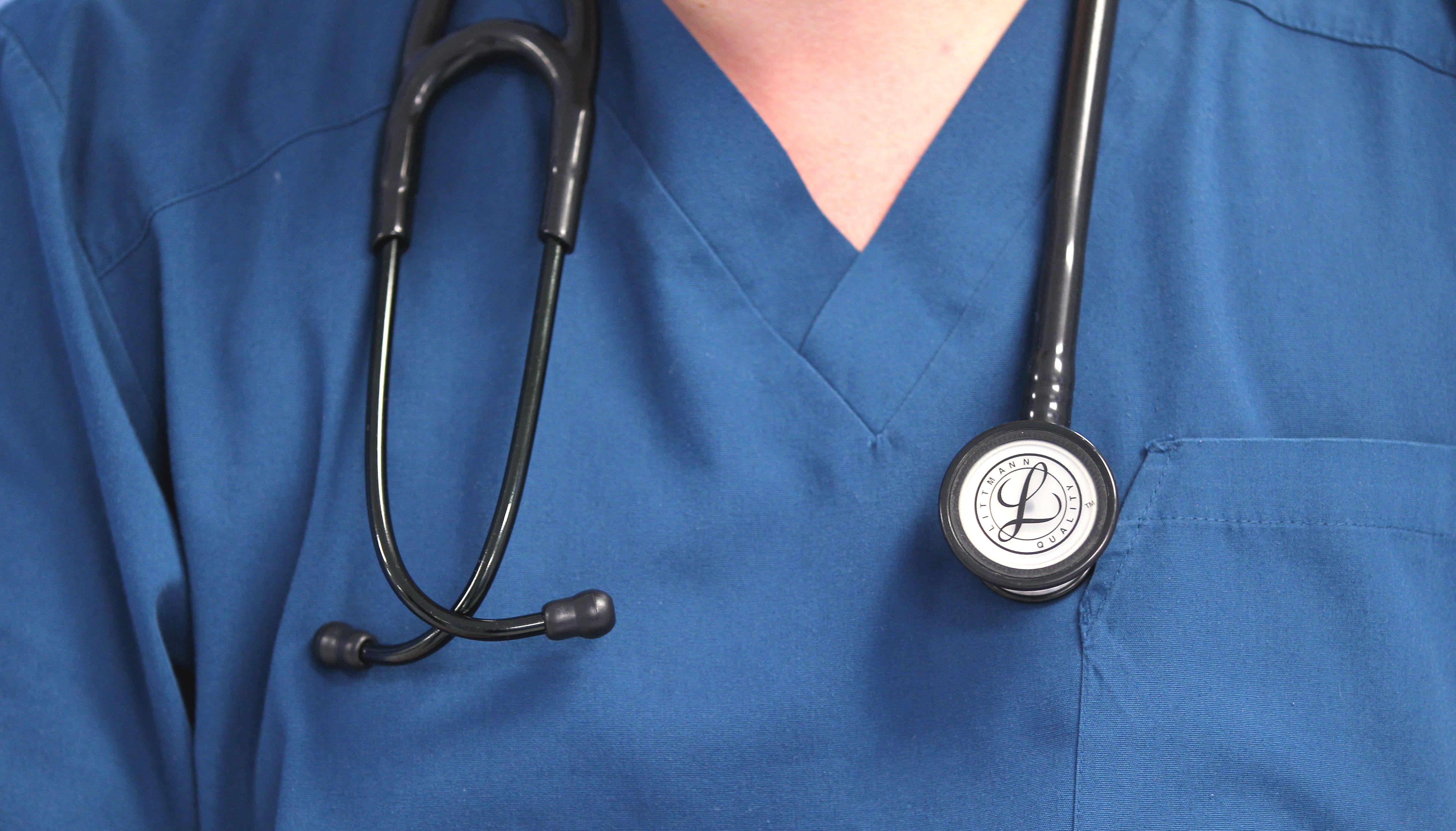Monkeypox symptoms listed after patient diagnosed with disease in UK

The patient is now receiving specialist care in a London-based hospital, the UK Health Security Agency (UKHSA) has said
Don't Miss
Most Read
Latest
A case of monkeypox has been recorded in the UK after a case was confirmed in Nigeria, authorities have announced.
The patient is now receiving specialist care in a London-based hospital, the UK Health Security Agency (UKHSA) has said.
People who have been in close contact with the infected individual are being contacted by authorities as a precautionary measure.
Lynne Cameron
The UKHSA is working with the NHS in an effort to contact those who have been in close vicinity of the virus as a precautionary measure, but human-to-human transmission is rare.
Dr Colin Brown, Director of Clinical and Emerging Infections, UKHSA, said: "It is important to emphasise that monkeypox does not spread easily between people and the overall risk to the general public is very low.
"We are working with NHS England and NHS Improvement (NHSEI) to contact the individuals who have had close contact with the case prior to confirmation of their infection, to assess them as necessary and provide advice.
"UKHSA and the NHS have well established and robust infection control procedures for dealing with cases of imported infectious disease and these will be strictly followed."
Monkeypox shares many similarities with smallpox, but a key difference is the fact that the former causes swelling to the lymph nodes.
A headache is one of the main symptoms of monkeypox.
Kirsty O'Connor
The main symptoms outlined for monkeypox are:
- Headache
- Fever
- Muscle aches
- Backache
- Swollen lymph nodes
- Chills
- Exhaustion
A rash can also develop from the condition, spreading to parts of the body after starting on the face, it eventually forms into a scab that will fall off.
The Centre for Disease Control and Prevention say symptoms can arise five to 21 days from infection.
The NHS say monkeypox can be caught from infected wild animals in parts of west and central Africa.
The disease is transmitted through bites, body fluids, spots, blisters, scabs or touching the blood of an infected animal.
Eating meat from an infected animal that hasn't been cooked properly is also a way of contracting the virus, or by touching its skin or fur.













